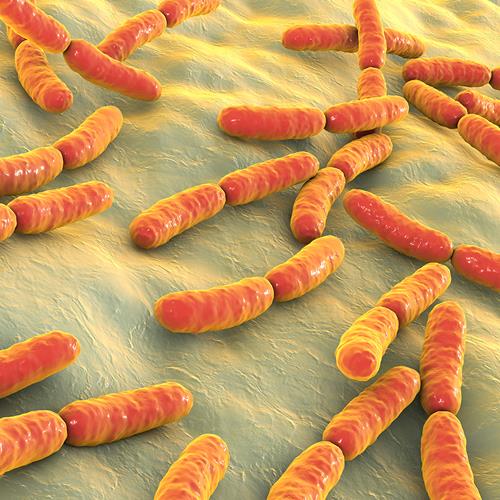
A 10-day or 14-day sequential therapy (ST) strategy is more cost-effective than a conventional triple therapy (TT) in the management of patients with Helicobacter pylori infection, in addition to being more effective in terms of eradication of infection, as reported in a study from Egypt.
Researchers randomized patients who tested positive for H. pylori infection to treatment with 14-day TT (n=34), 10-day ST (n=34) or 14-day ST (n=35). Sequential treatment comprised lansoprazole 30 mg and amoxicillin 1,000 mg, both administered twice daily for 5 or 7 days, followed by lansoprazole 30 mg, clarithromycin 500 mg and tinidazole 500 mg, each given twice daily for another 5 or 7 days. Meanwhile standard TT consisted of lansoprazole 30 mg, clarithromycin 500 mg and amoxicillin 1,000 mg, administered twice daily for 14 days.
All patients underwent urea breath test at week 6 weeks after treatment discontinuation. Outcomes evaluated were eradication rates, adverse effects (AEs), compliance and cost-effectiveness.
Compared with the conventional TT group, both ST groups achieved higher eradication rates: 90 percent with 10-day ST and 96.7 percent with 14-day ST vs 63.3 percent with TT (p=0.001).
All treatment regimens were well-tolerated, with diarrhoea and abdominal pain being the most frequently reported AEs. There were no significant differences recorded in AE incidence, except for abdominal pain being greater in the TT group.
Finally, the cost-effectiveness ratio was 2,194 Egyptian pound (LE) for conventional TT, 1,241 LE for 10-day ST and 1,157 LE for 14-day ST. “The extra cost per patient for achieving eradication in one additional patient with 14-day ST instead of 10-day ST was 30 LE,” the researchers noted.
In light of the results, the researchers believe that ST might replace TT as a first-line treatment for H. pylori infection.